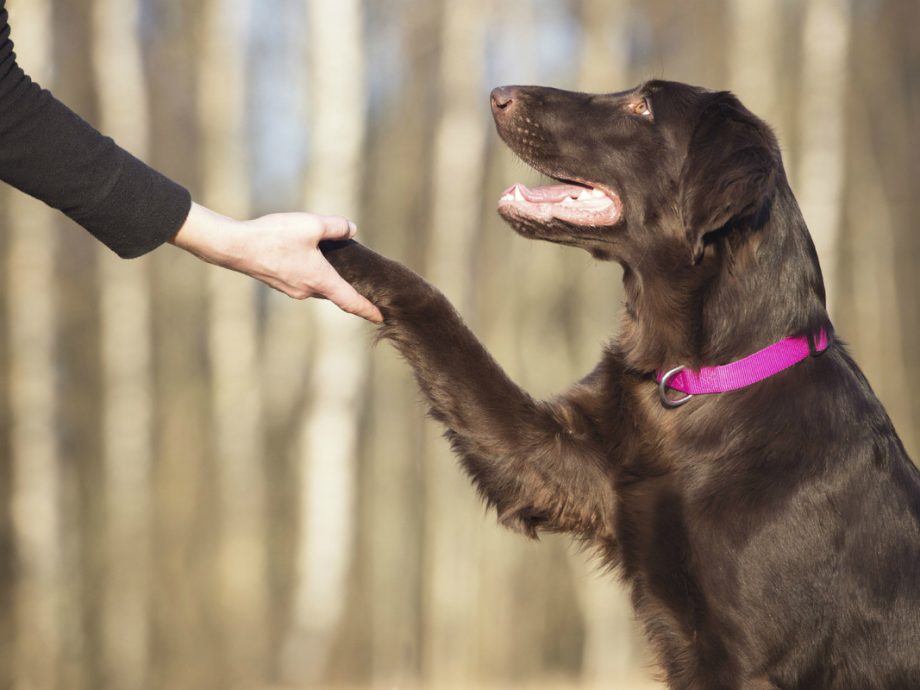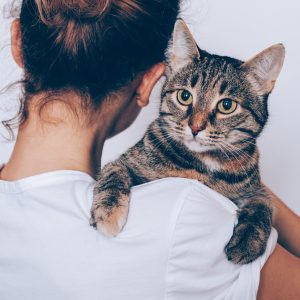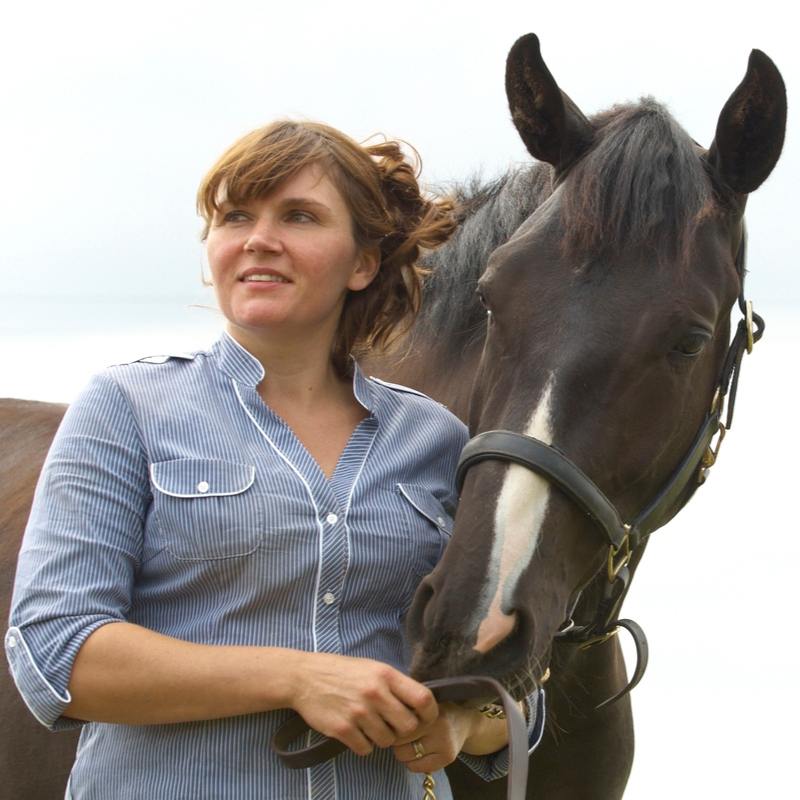The Human Animal Bond Research Institute (HABRI), states that the Human-Animal Bond (HAB) is “a mutually beneficial and dynamic relationship between people and animals that is influenced by behaviours that are essential to the health and well-being of both. This includes, but is not limited to, emotional, psychological, and physical interactions of people, animals, and the environment.” 1
Perhaps because of this beneficial relationship humans throughout history have allowed it to become common practice (in most cultures) for companion animals, or pets, to share living quarters with us. It is common to share our beds with our beloved companions. Veterinary surgeon, Susan Little discusses this in a Tedx Talk 2. Susan mentions that the advances in parasite control have allowed us to share this space with our dogs and cats because of the minimal threat of parasite burden. We would be less inclined to snuggle on the bed with our pets if fleas, ticks and intestinal worms were not so well controlled.

A recent study found that compared with human bed partners, dogs that slept in the owner’s bed were perceived to disturb sleep less and were associated with stronger feelings of comfort and security. 3 However, pets snoring, the differences in the sleep-wake cycles between pets and humans, and misaligned night-time body temperatures between animals and humans may cause a disturbed night’s sleep. Does the comfort they bring us override the risk of us experiencing a disturbed night’s sleep?
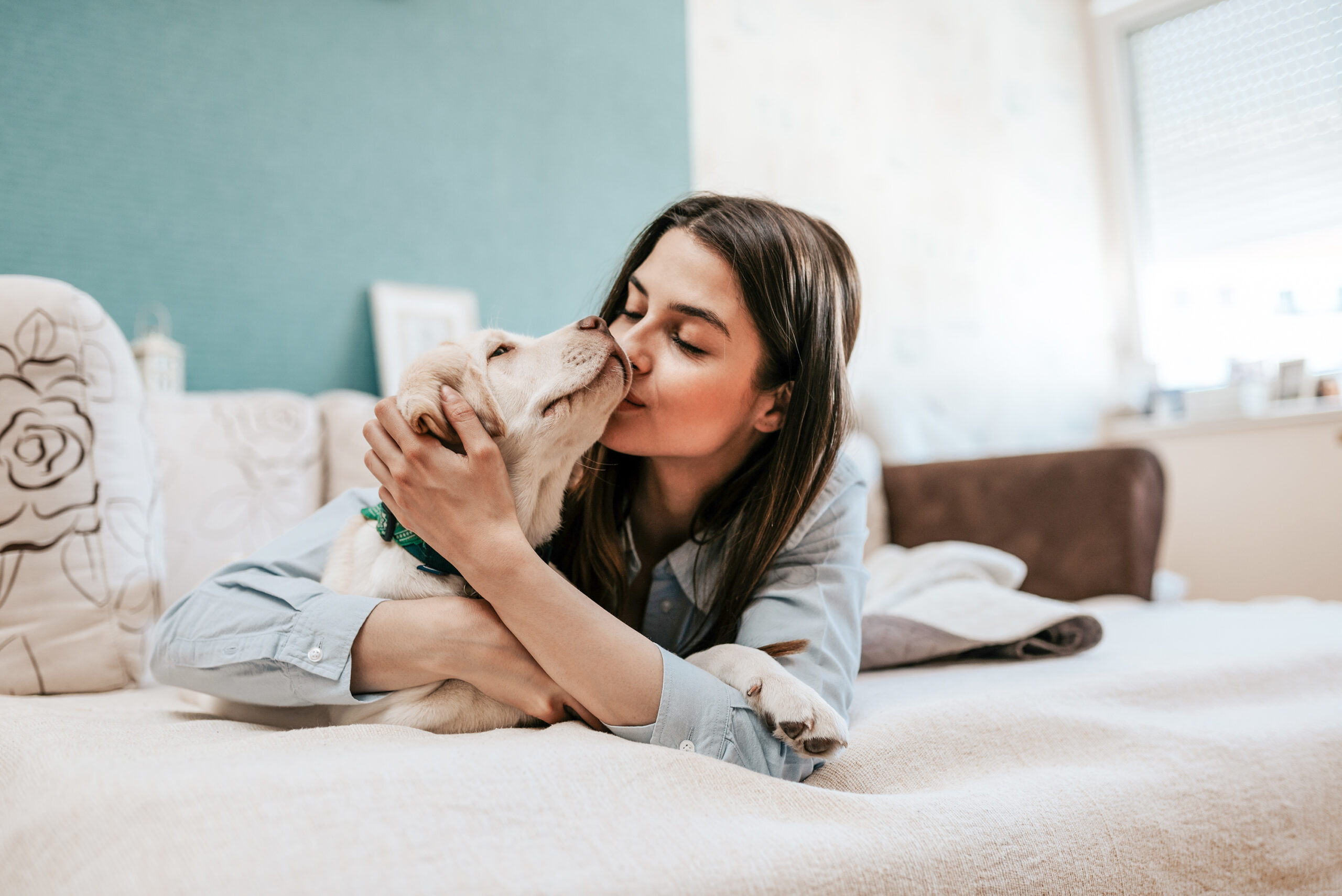
The love and affection for animals is evident whether it is in our homes, at work or in a therapeutic environment. The HAB is of importance and holds meaning to anyone who has contact with animals, whatever species they may be. Riding for the Disabled’s mission is to strive to ensure that anyone with a disability can benefit from the unique bond between humans and horses. This model is so valuable that they aim to support an extra 10,000 people by 2025.
StreetVet is one of many charities that witnesses this beneficial relationship and is one of the reasons that the National Human-Animal Bond Awareness Day (NHABAD) was created. Those individuals with no permanent residence greatly value the relationship with their companions who provide friendship 24/7 in often challenging circumstances. Owners are provided peace of mind knowing their best friend’s health is catered for FOC.
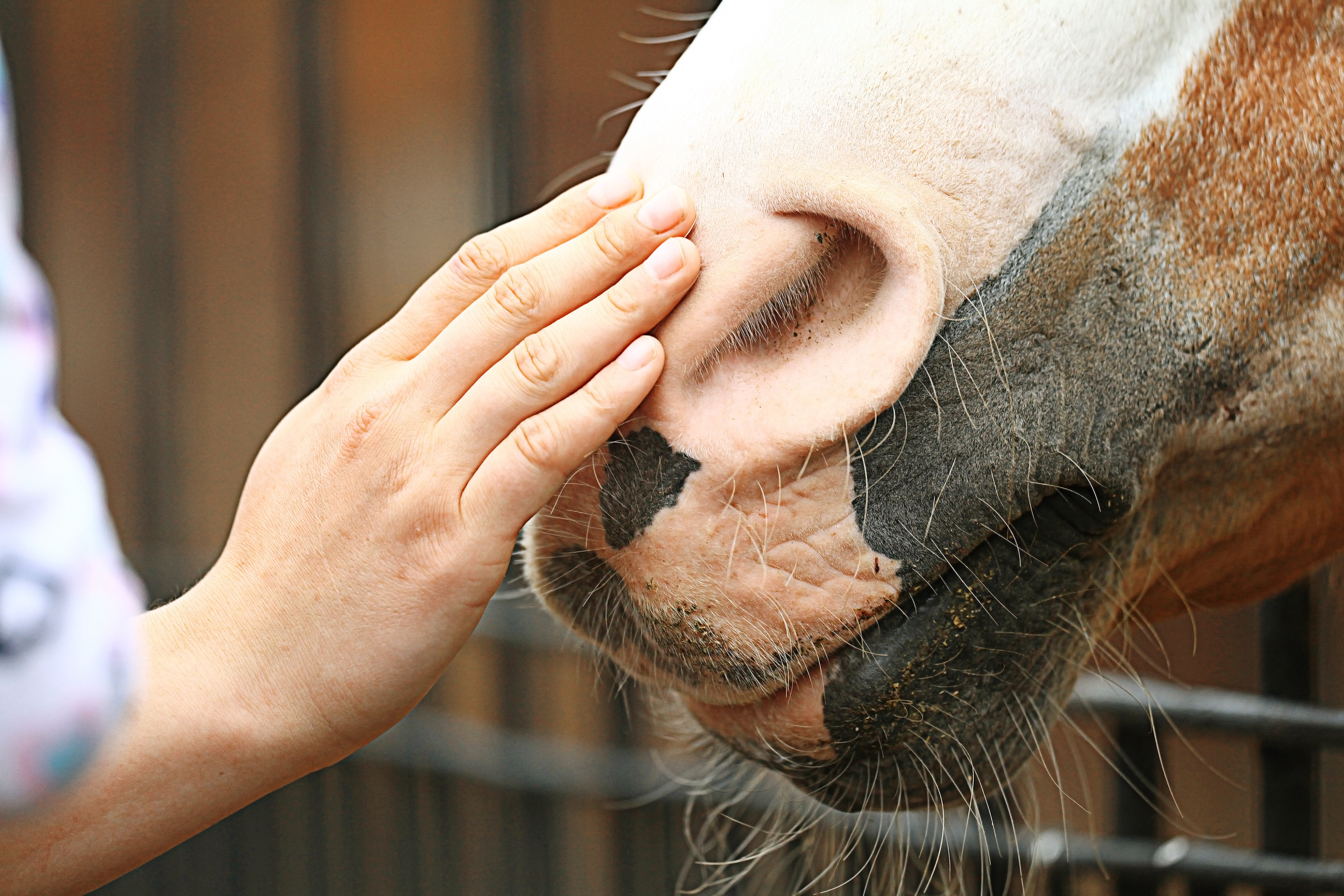
Whether the animal based charity provides riding therapy, canine therapeutic sessions or financial help towards the funding of veterinary care, NHABAD will provide a platform for the charities and organizations to share their stories and potentially engage with more people willing to become volunteers. Donating does not always have to be financial, it can be as important to give your time, perhaps through dog walking, working in a local shop, delivering food to those who are immobile or running a coffee morning in aid of the charity. The awareness day on Sunday 23rd July 2023 will be virtual this year. Please follow the social media channels to keep informed as to when there will be animal health experts providing live talks, entertainment and interactive competitions (get your camera at the ready). We look forward to highlighting the work of charities and organizations that harness the HAB and increasing awareness of the many ways in which animals benefit us on a daily basis.
www.linkedin.com/company/human-animal-bond-awareness-day
https://www.instagram.com/humananimalbondday/
https://www.facebook.com/NationalHumanAnimalBondAwarenessDay/
https://twitter.com/HABAwarenessDay
REFERENCES
- Human Animal Bond Research Institute. What is the human-animal bond? habri.org/about. Accessed Dec, 2022
- TedxTalks; The Human-Animal Bond. Susan Little, 2015 https://youtu.be/jjxAewIBYJk
- Anthrozoos; An Examination of Adult Women’s Sleep Quality and Sleep Routines in Relation to Pet Ownership and Bed sharing. Hoffman, C.L et al., 2018 (711-725)

